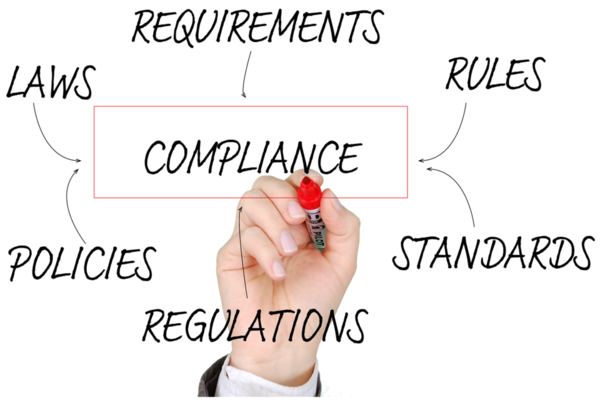Korean pharmaceutical and biotech companies are introducing a new standard for a compliance management system, ISO 37301, to enhance internal monitoring and prepare for ethical management of ESG (environmental, social, and corporate governance).
Their move came mainly after the embezzlement case early this year involving Osstem Implant, the nation’s largest dental implant maker.

In April last year, the International Organization for Standardization (ISO) released ISO 37301, a new international standard for compliance management.
To obtain ISO 37301 certification, a company should establish processes including development, execution, evaluation, maintenance, and compliance management system improvement.
Such ISO certification not only guarantees the establishment of internal compliance processes but serves as criteria to check whether the company operates in compliance.
The U.S. Foreign Corrupt Practices Act (FCPA) states that ISO certification can be referenced in sentencing guidelines.
In Korea, the Korea Pharmaceutical and Bio-Pharma Manufacturers Association (KPBMA) leads efforts to introduce ISO certification. Many local drug companies have introduced ISO 37001, an anti-bribery management system.
While the existing ISO 37001 has passive and partial rules to prevent illegal business activities, the new ISO 37301 has more comprehensive ethical management rules.
Korean pharmaceutical and biotech companies turn to ISO 37301 to reinforce internal monitoring and ESG ethical management.
Most of them seek to integrate the new standard into the existing ISO 37001 and get certified.
Kolon Pharma and Ahngook Pharmaceutical were the first to obtain ISO 37301.
In July last year, Kolon Pharma introduced ISO 37301 for the first time among Korean drugmakers. Ahngook followed suit, obtaining the integrated ISO 37301 and ISO 37001 certification from the Korea Compliance Initiative (KCI) late last year.
This year, Huons Group, HK inno.N, and Daehwa Pharmaceutical plan to join the ISO 37301 club. Kolmar BNH is also preparing to get an integrated ISO 373031 and 37001 certification among health functional food manufacturers.
Huons Group said in a public disclosure last month that it would introduce ISO 37301.
The company’s specific plans include confirmation and approval of the compliance policy, designation of the person in charge of compliance, compliance system document-making, policy delivery to employees, compliance organization analysis by department, ISO 37301 certification preparation, and review.
HK inno.N plans to get ISO 37301 within this year.
Korea Compliance Certification Assurance CEO Lee Won-ki predicted that more Korean drug companies would seek ISO 37301 certification.
“The demand for compliance activities is increasing in the global market. This is because compliance is the most basic thing in ESG management, one of the qualifications for a company these days,” Lee said.
In Korea, he explained that companies introduced compliance in the form of a “fair trade compliance program” (CP), which contains a comprehensive concept including ethical management.
As the Serious Accidents Punishment Act took effect recently, ISO 37301 could be one of the methods to prove the CEO’s command and supervision duties, Lee went on to say.
“What’s important is that the company internalize the processes established during the ISO certification preparation and execute them sustainably,” he said.

